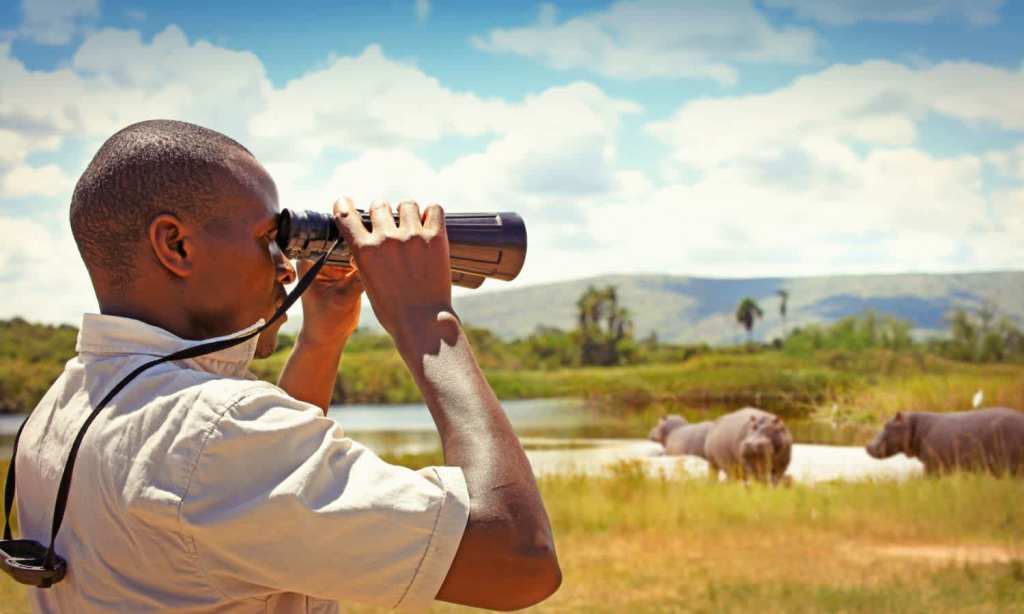The Latch has partnered with Suncorp Bank to deliver the sustainability content you need when planning your next trip.
Are you the type who would definitely do a four-day hike in the Himalayas on your travel? Or maybe spend some hours trekking to see silverback mountain gorillas in Rwanda? Then, you may have already heard of eco-tourism.
Eco-tourism broadly refers to any nature-based form of tourism that provides travellers the opportunity to observe, appreciate and learn about an environment and its surrounding community.
The most important element of eco-tourism is that the activity positively impacts the natural and socio-cultural environment by contributing to the conservation, and upkeep and creates more opportunities for local communities. Here, we explain why it’s so important.
When Did Eco-Tourism Start and Does It Still Matter?
By definition, eco-tourism is certainly a subset of sustainable and responsible tourism. Even though sustainable tourism is now a more common catchphrase, eco-tourism dates back close to five decades to the wake-up environmental movement in the 1970s. The United Nations declared 2002 the year of eco-tourism, and in the following decade, this form of sustainable tourism became a more popular offering around the world.

Prior to eco-tourism, many destinations struggled with poachers, hunters, and animal and land exploitation amongst locals who were struggling to make ends meet, hence using these methods to feed themselves. This re-education of the land and its need for conservation needs to come from within a destination. A classic example comes from Rwandan conservationist Edwin Sabuhoro was one of the pioneers in the country who re-educated former poaching communities to become guides and guardians of the land.
Eco-tourism is as important today as it was when it first started, precisely because of the huge impact travel and tourism has on earth’s natural resources.
As travellers, we should also send clear signals that we are not interested in animal shows, circuses or options that are damaging to wildlife by voting with our travel dollars. This could take shape in the experiences we go for or accommodations we stay in.
It Takes Two Hands to Clap in Eco-Tourism
These days, many destinations and experiences wear ‘eco-friendly’ badges on their websites without always committing to the work of doing it. One way to verify this status is to simply ask for transparent information on a business’ energy, waste, food, and water plans. If you find that the information available is a little conflated for your understanding, simply ask and observe the experience or the accommodation.
Genuine eco-businesses would translate their big eco aspirations into the little things as well, like offering re-usable water bottles or hiring and training locals and treating them well in the establishment.

Eco-tourism is also largely a symbiotic process. As travellers, a large part of eco-tourism lies in our hands and feet. This means actively listening and learning about any activity or accommodation we visit and stay in. It also means leaving and taking nothing but footprints behind in any place we visit.
Sometimes we may get swept up by the beauty and allure of a place, and want to photograph it immediately. We should also remember to be present, savour the moment, and listen to the story and history behind what we see, eat and do. After all, a photo without a caption is nothing but an empty, meaningless postcard.
Being an eco-tourist starts with you, and ends in a world where everyone plays their part to keep the planet healthy and alive.
Read more stories from The Latch and subscribe to our email newsletter.







